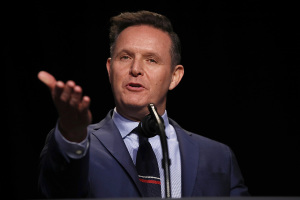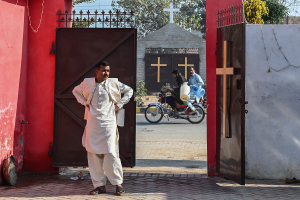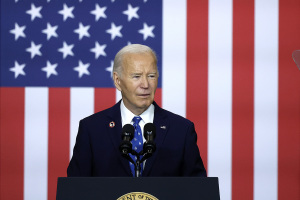'Fragile Neighborhoods' author shares how churches can help tackle America's 'social poverty'
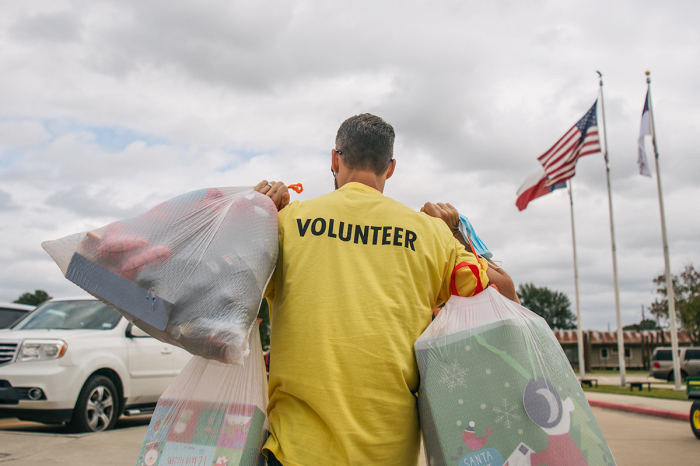
A leading expert in fragile states and political-economic analysis is urging churches and community institutions to do more to combat the increasing "social poverty" in the United States, as many Americans today lack meaningful connections with their neighbors.
Kaplan shares in his recent book Fragile Neighborhoods: Repairing American Society, One Zip Code at a Time his vision for how communities and institutions can better address America's social decline both physically and socially.
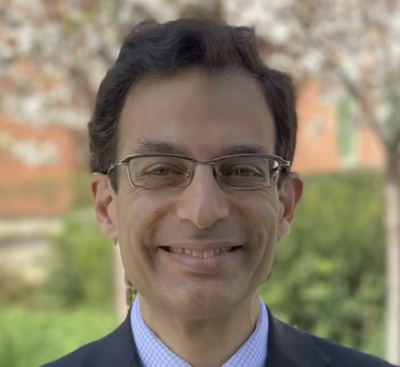
In an interview with The Christian Post, he said one side of the decline is that many people live in what are considered distressed neighborhoods or areas with high poverty, little connection to opportunity and much social breakdown. The other side of the multifaceted issue, he said, is people who may be materially wealthy but live in neighborhoods that are socially isolated and socially poor.
"We are experiencing social poverty on these two different levels, in very poor places, and we have that even in some materially well-off places, social poverty that lies upstream from all the social problems," Kaplan said in an interview with The Christian Post.
"My book looks at solutions, and the big question is, 'How do you scale up relationships, strengthen relationships and scale neighborhood by neighborhood so that we all have better social support systems and people basically helping each other on some level to address the issue of poverty together."
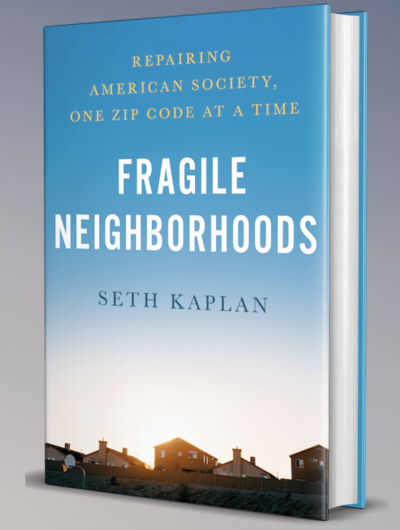
Kaplan is a lecturer at the Paul H. Nitze School of Advanced International Studies at Johns Hopkins University and has also served as a consultant to multilateral organizations such as the World Bank, U.S. State Department, U.S. Agency for International Development and the Organisation for Economic Co-operation and Development. He's also advised governments in developing countries.
Kaplan, who is Jewish, argues in the book that local community institutions like Christian churches can do more to "remedy" the social dispair in the nation today.
"Churches play a major role in many outcomes when it comes to poverty in any given area. Churches are the only institution that are just about everywhere. Churches have some unique features because they have their own narratives. They have an ability to change people's beliefs and norms. They have activities. They have mentors. They have networks," Kaplan said.
"When I speak to churches, … my basic message to these audiences are we need to be more place-based because that will make us more inclusive. We need to be more communal. Church should not be a consumer product. Church, too often, in America, like a lot of synagogues — and I'm speaking from the Jewish perspective — are two hours on Sunday morning with a sermon, you get a bit of socializing and then, there's maybe some functional networks," Kaplan added.
"It's a very thin understanding of faith. For me, historically, and in most of the world, faith has a much, much thicker understanding. I call on more churches to be countercultural."
An issue with churches in America today, Kaplan believes, which can hinder them from being proactive in alleviating poverty, is that the churches are striving too much "to be like the rest of secular America."
"I find many churches are just trying to do the same thing that people do in the secular world. I think they should be countercultural; have a thicker understanding of faith, have a stronger sense of community, and have a stronger emphasis on place, on families and kids," Kaplan said.
"If the Church did that, they would be really important to restore relationships, strengthen relationships, support neighborhoods, and they would have a much different and more impactful role," he continued.
The Church needs to focus less on politics and more on social reform, Kaplan noted.
"Churches have become involved with politics. I think churches ought to get involved with the community first. Let's not overly involve ourselves in politics. Let's resolve the issues of how we can make the community stronger," Kaplan said.
"The more people would emphasize community building and bringing people together in a specific place, and then reaching out to those in need, the more the Church can act as an engine to restore the social fabric of our nation and uplift the people," he added.
"People want to feel a sense of belonging and to have that social support system like a security blanket, through their neighborhoods. I feel like I have a security blanket every day. I know where people live. I know if I have a problem. I do knock on doors. I have all this support when I need it. And I think churches should be aiming for much more of those types of goals."
Society as a whole, Kaplan noted, is in desperate need of more social support and community.
"I call my book 'Fragile Neighborhoods' for a reason. I think a strong neighborhood is a neighborhood where you know your neighbors. You may not be friends, but you have some relationship with your neighbors. If you have some immediate need, you have neighbors you can call upon. If you have a need for some company, you have neighbors you can call upon. And you do things with your neighbors," he said.
Nicole Alcindor is a reporter for The Christian Post.



















